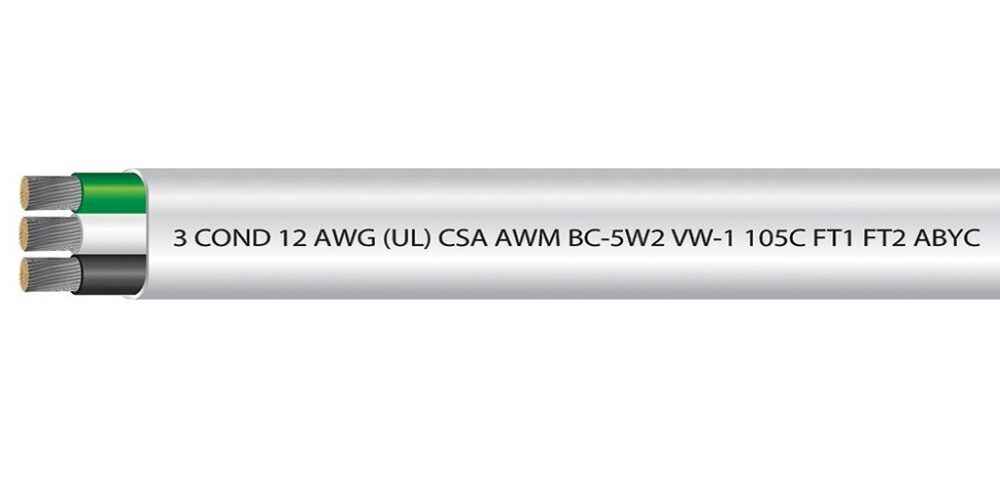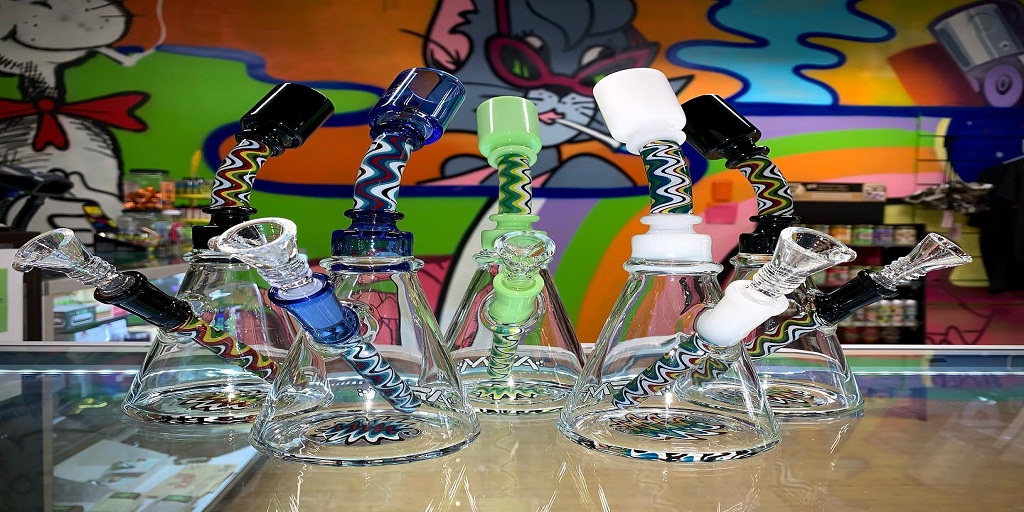Do you own a boat? Are you a member of a ship’s crew? Are you a ship’s mechanic or an electrician by trade?
If you answer yes to any of these questions, you will at some point or other come across marine electrical wire in the course of your career.
Something important you’ll need to keep in mind is that marine electrical cable and wire is not the same as standard building wire; nor is it the same as automotive battery wire.
Here are the two big defining traits.
Marine Electrical Wire Is Highly Flexible
If there’s one thing you need to know about marine electrical wire (also sometimes called marine battery cable or marine battery wire) it’s that it’s highly flexible.
This is accomplished by making these conductors out of very high strand counts of very thin conductors.
Typically, marine battery wire conductors are made from pure, 100% copper and each conductor is very thin. Doing so makes the cable very flexible.
Why is this necessary? Well, for that, there are three things you need to know about seagoing vessels.
One is that they are constantly in motion as a result of the water. Another is that being in motion puts potentially high stress on everything within.
Finally, the interior of a vessel is often very cramped. Getting thick, heavy, stiff electrical conductors in and out of a vessel’s interior for the purpose of establishing an electrical connection would be very difficult without flexible wire.
Marine Electrical Wire Is Tinned
Equally important to flexibility is the fact that marine electrical wire is protected against corrosion.
This is accomplished by treating the conductors with tin, or “tinning” them. In the case of marine electrical wire, usually, the conductors are individually tinned, eliminating any proverbial chinks in the armor.
Saltwater is noxiously corrosive and copper is highly suspect to chemical attack. Fortunately, tin is much more resilient, so protecting this type of battery cable against these influences is a must.
Saltwater, however, is not the only dangerous substance with which marine cables frequently come in contact. There are also gasoline and oil, acids and alkaline chemicals, and more.
As a result, most high-quality marine electrical cable is resistant to moisture, oil, gasoline, acids and alkalis, and even abrasion.
This helps protect marine electrical cables not only against seawater-induced corrosion but against other forms of chemical assault.
Where Can You Find High-Quality Marine Electrical Wire?
Ensuring marine electrical battery cable and wire meet these two important criteria is tantamount to producing reliable, reputable, quality electrical equipment.
These are some of the reasons it is inadvisable to use automotive battery wire on vessels. While it might be flexible enough to establish connections, it is rarely if never adequately protected against corrosion.
If you’re looking for quality marine electrical wire that satisfies these requirements, visit EWCS Wire online at EWCSWire.com.
They carry a wide range of marine electrical cable and other specialty electrical conductors including welding cable, battery and alarm cable, armored cable, tray cable, aluminum cable, and of course building cable.
Visit their website for more information via the link above or get in contact with them directly at 1-800-262-1598.












